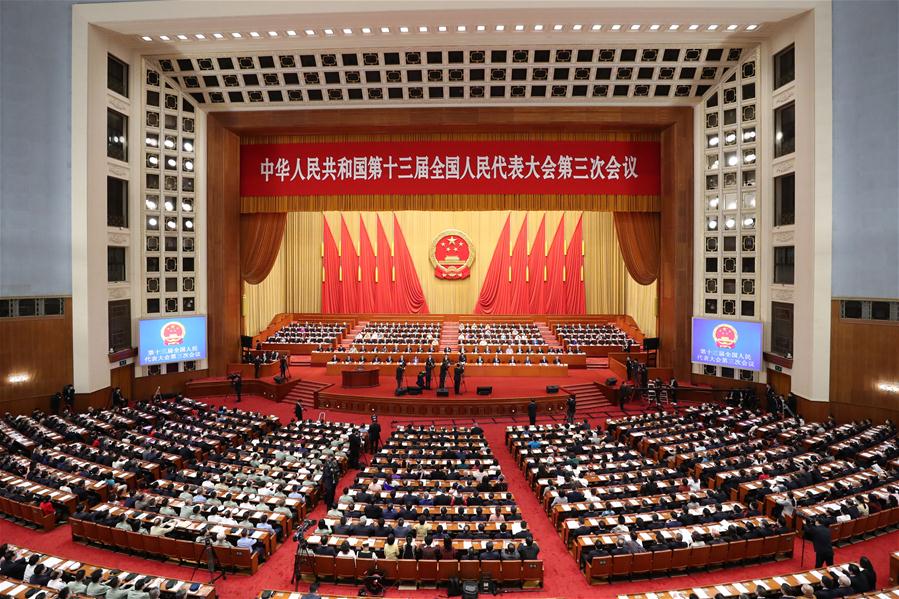
The course aims to provide an overview of the current methods of governance in the People’s Republic of China (“PRC”) with an emphasis on Chinese law and legal institutions. Yet, China’s modern legal system cannot be understood in isolation from its political, economic, and social structures. Much of the course will, therefore, focus on the interaction between the legal system and the parallel, often more powerful, mechanisms of political governance.
The Chinese world has a rich legal and governance tradition, expanding over more than 2000 years before the complex encounter with the modernizing “West” (and Meiji Japan) in the 19th century. While that long tradition continues to shape governance in the PRC, our discussions will be focused on contemporary days, with some observations on the historical path when relevant.
Through selected readings of primary sources in English translation and secondary materials, along with selected video sections in class, students will become acquainted with the most current governance issues in contemporary China and with the legal institutions that are designed to address them. The students will be exposed to primary legal sources (laws & regulations) as well as to Party policy documents and will learn how to tackle reading and analysis of such sources (translations provided as well).
Our sessions will be dedicated to different substantive areas of law & governance divided into the following course segments:
• Segment 1: Introduction: The Party-state system. Political, legal and administrative institutions
• Segment 2: Engagement with the international rule-based system
• Segment 3: Law & Politics in Market Development: economic transition; foreign impact on economic law; ownership organization of companies and capital markets
• Segment 4: Individuals vs. The Party-state: crime & punishment; constitutionalism & human rights
• Segment 5: Recent Governance Challenges: legal & administrative autonomy in Hong Kong SAR; Privacy & Data Security; Law & Politics, where to?
The Chinese world has a rich legal and governance tradition, expanding over more than 2000 years before the complex encounter with the modernizing “West” (and Meiji Japan) in the 19th century. While that long tradition continues to shape governance in the PRC, our discussions will be focused on contemporary days, with some observations on the historical path when relevant.
Through selected readings of primary sources in English translation and secondary materials, along with selected video sections in class, students will become acquainted with the most current governance issues in contemporary China and with the legal institutions that are designed to address them. The students will be exposed to primary legal sources (laws & regulations) as well as to Party policy documents and will learn how to tackle reading and analysis of such sources (translations provided as well).
Our sessions will be dedicated to different substantive areas of law & governance divided into the following course segments:
• Segment 1: Introduction: The Party-state system. Political, legal and administrative institutions
• Segment 2: Engagement with the international rule-based system
• Segment 3: Law & Politics in Market Development: economic transition; foreign impact on economic law; ownership organization of companies and capital markets
• Segment 4: Individuals vs. The Party-state: crime & punishment; constitutionalism & human rights
• Segment 5: Recent Governance Challenges: legal & administrative autonomy in Hong Kong SAR; Privacy & Data Security; Law & Politics, where to?
- Teacher: תמר גרוסוולד-עוזרי
- TA: חנוך רוניגר